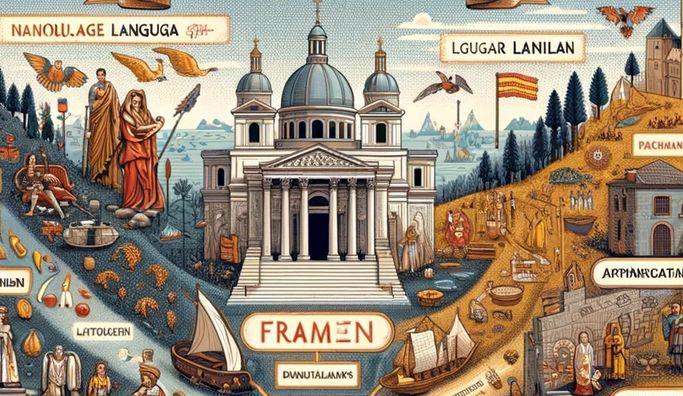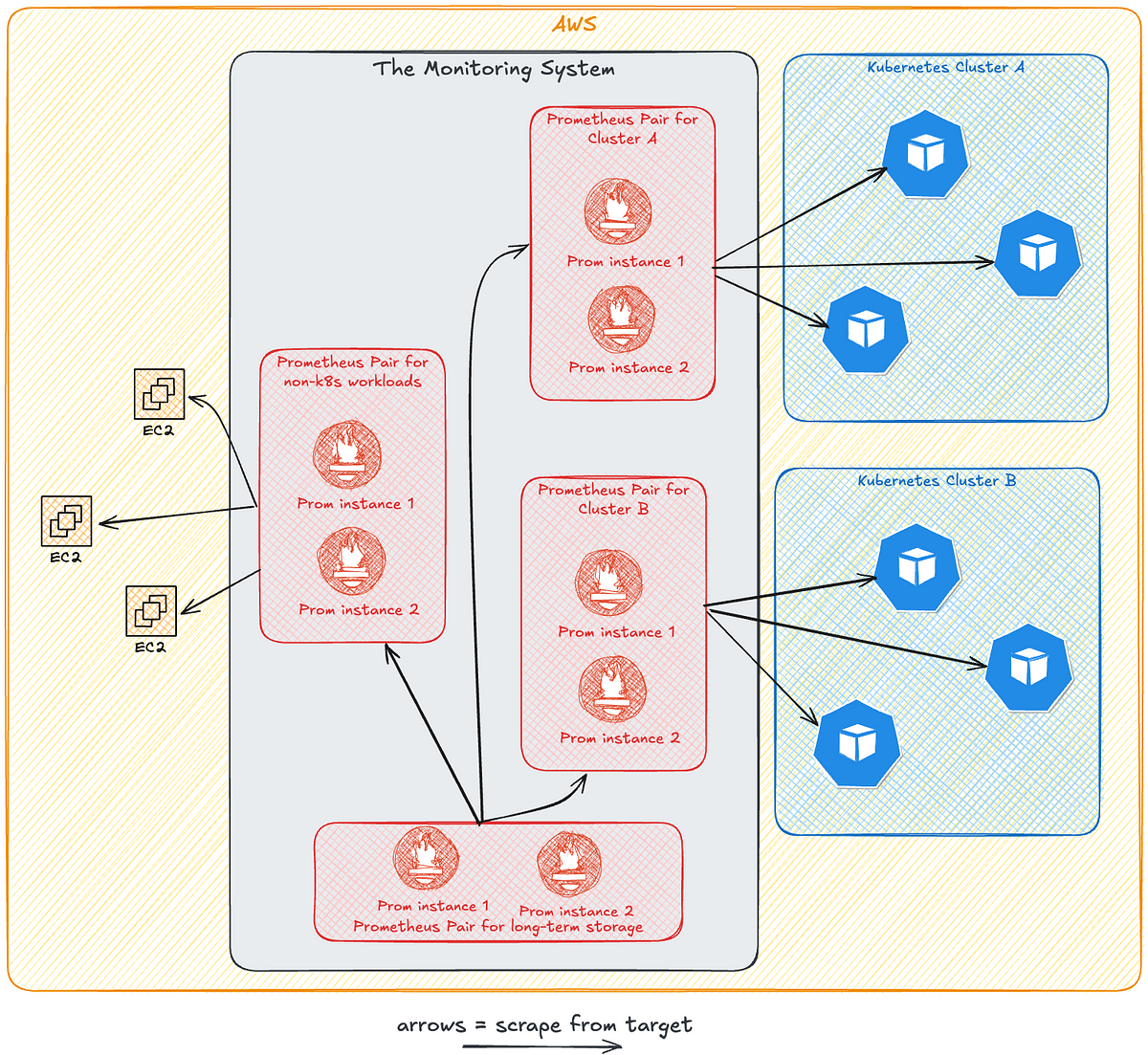
Comparative lit class will be first in Humanities Division to use UCLA-developed AI system
Zrinka Stahuljak’s comparative literature course next quarter will cover much of the same subject matter she has taught in years past: a sweeping survey of writing from the Middle Ages to the 17th century.
Comp Lit 2BW will be the first course in the UCLA College Division of Humanities to be built around the Kudu artificial intelligence platform. The textbook: AI-generated. Class assignments: AI-generated. Teaching assistants’ resources: AI-generated.
While that might make it sound like Stahuljak is ceding her wide-ranging expertise to bots, she said the opposite is true. The new technology, she said, will have immediate tangible benefits for her, teaching assistants and — critically — students.
“Because the course is a survey of literature and culture, there’s an arc to what I want students to understand,” said Stahuljak, a professor of comparative literature and of European languages and transcultural studies. “Normally, I would spend lectures contextualizing the material and using visuals to demonstrate the content. But now all of that is in the textbook we generated, and I can actually work with students to read the primary sources and walk them through what it means to analyze and think critically.”
Because Stahuljak can focus on those aspects of teaching during lectures, TAs would in turn be liberated from those tasks and can instead devote more time to helping students with writing assignments — an element of instruction that sometimes receives short shrift in large classes, she said.






















